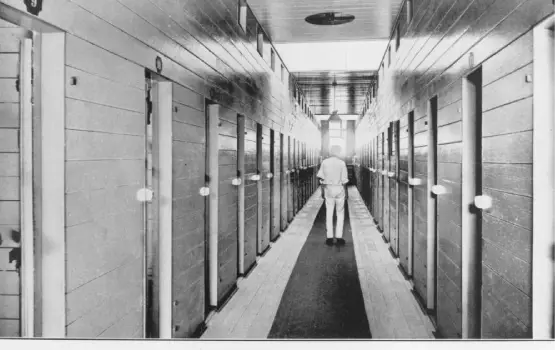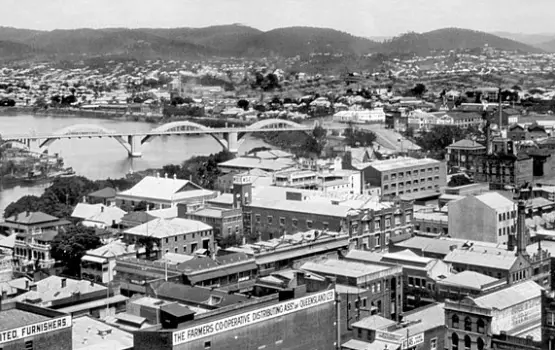The establishment of the Moreton Bay Penal Colony in 1824, under the governorship of Sir Thomas Brisbane, marked the beginning of European settlement in the region. The purpose of the colony was to house convicts and provide a strategic outpost for the British in Australia. This event laid the foundation for the city's growth and development.
Important Historical Figures
These historical figures have each played important roles in shaping Brisbane's early history, from its establishment as a penal colony to its economic development and political representation. Their legacies continue to be remembered and acknowledged in the city's narrative.
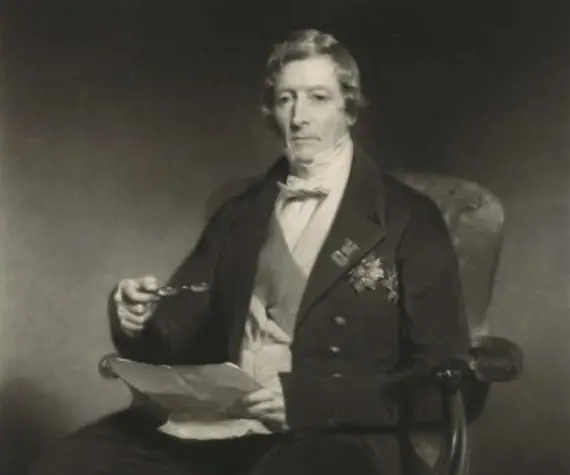
Sir Thomas Brisbane
Sir Thomas Brisbane was a Scottish soldier, astronomer, and colonial administrator who played a pivotal role in the early history of Brisbane. He served as the Governor of New South Wales from 1821 to 1825 and was responsible for the establishment of the Moreton Bay penal colony, which later became Brisbane. Sir Thomas Brisbane selected the site for the settlement and provided the instructions for its development. His decision to establish the colony contributed significantly to the growth and development of the city that now bears his name.
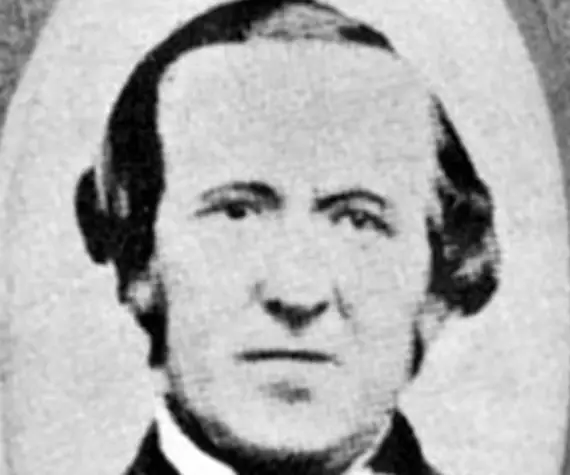
Patrick Mayne
Patrick Mayne was an Irish immigrant who played a significant role in shaping Brisbane's early economy and development. He arrived in Brisbane in 1841 and became a successful businessman, owning properties and businesses in the city. Patrick Mayne was a philanthropist, contributing to various charitable causes, including hospitals and educational institutions. However, his legacy has been controversial due to rumors surrounding his involvement in a murder case. Despite the controversies, Patrick Mayne's impact on the growth of Brisbane remains significant.
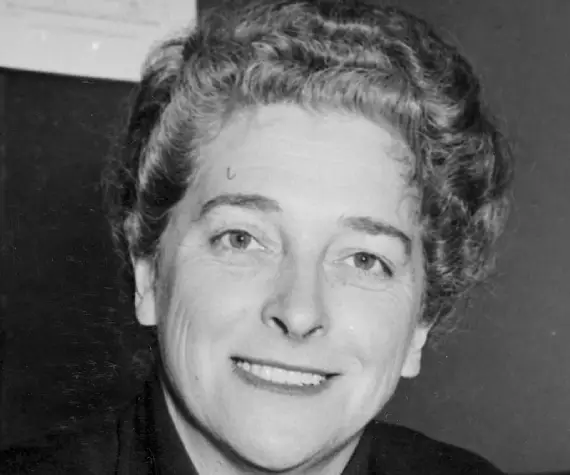
Dame Annabelle Rankin
Dame Annabelle Rankin was a prominent political figure and the first female federal cabinet minister in Australia. Born in Brisbane, she served as a member of the Liberal Party and represented Queensland in the Senate from 1947 to 1971. Throughout her political career, Dame Annabelle Rankin was a vocal advocate for women's rights and social issues. Her contributions to public service and political achievements not only advanced women's representation in government but also left a lasting impact on the political landscape of Brisbane and Australia.
